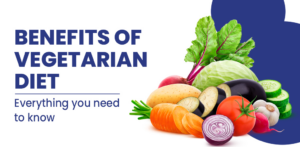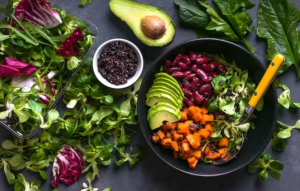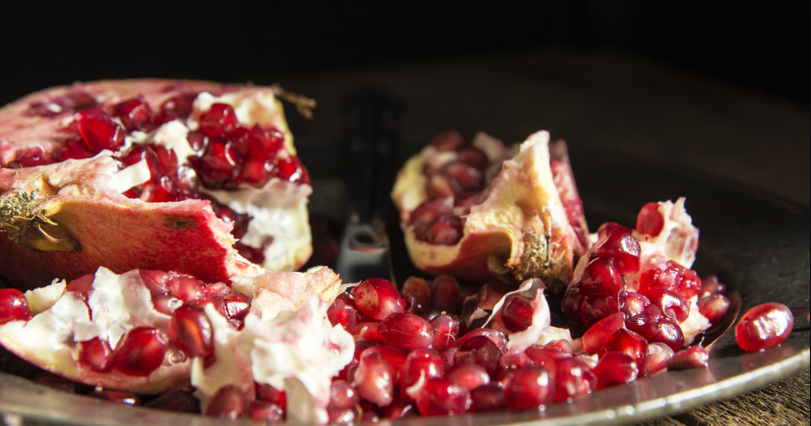Vegan and vegetarian diets are associated with better health, but without the proper replacement of animal nutrients, you’re better off eating meat. The best health outcomes happen when animal products are replaced with natural forms of lean protein, real foods, and loads of vegetables.
Health Benefits of a Vegetarian Diet

Vegetarian diets based on lean proteins, healthy fats, and whole grains are known to lower the risk for the following diseases:
Cancers, including; breast, colorectal, and ovarian.
Heart Disease
Obesity
Diabetes
High Blood Pressure
A vegetarian diet reduces the risk of these diseases because it is high in fiber, healthy fat, and lean protein. In order to prevent these diseases and get the maximum benefit of a vegetarian diet you will have to avoid unhealthy foods including processed foods and snack foods. A vegetarian diet should be based on whole foods and should meet your macro and micronutrient needs.
In addition to reducing the risks of diseases, you’ll feel the benefits of eating a healthy vegetarian diet almost immediately. Diets high in lean protein, healthy fats, and dietary fiber regulate blood sugar levels and you won’t crash due to hunger. You will have more energy as your body adjusts to a vegetarian diet and you eat healthier foods. You’ll want to combine your vegetarian diet with an exercise program that suits your lifestyle and goals.
Risks of a Vegetarian Diet

Just like any diet, there are risks of being nutritionally deficient if you don’t eat healthy whole foods. The best way to eat healthy is to know your macro-nutrient needs and to base your diet on what you need depending on your age, sex, activity level, and goals. You will have to spend some time learning about the nutritional value of foods and planning your meals.
Common micronutrient deficiencies include calcium, zinc, vitamin D, vitamin B12, and iron. Many of these nutrients are found in vegetarian foods, but you may not want to eat certain foods in the quantity needed to get the RDA of all of your nutrients. If you have a hard time eating enough kale or spinach to get iron, you can try drinking fresh juices or consider taking a quality vegetarian supplement. Vitamin D also called the sunshine vitamin, is a common deficiency for people on any type of diet. The human body makes vitamin D when you spend time in the sun, if it isn’t possible to spend time outside you can supplement your diet.
The best way to make sure you receive all the benefits of a vegetarian diet and reduce the risks is to make a meal plan. A meal plan will help you to eat a variety of foods and ensure that you are eating a balanced diet

